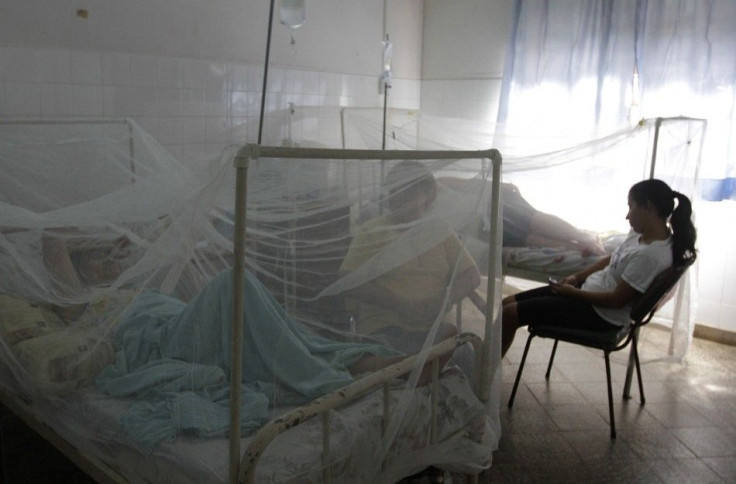Mosquitoes' Built Up Resistance to Bednets Stirs Malaria Worries

New strategies found address a growing resistance to antimalaria insecticides in West Africa, according to results from a new study published online August 18 in The Lancet Infectious Diseases.
Researchers who studied malaria infections in a village in the West African country found that growing resistance to a common type of insecticide carried by mosquitoes,which is responsible for transmitting malaria to humans in Africa, is causing the disease to reoccur.
These findings are of great concern, the researchers, led by Jean-Francois Trape from the Development Research Institute in Dakar, wrote in a study in The Lancet Infectious Diseases journal on Thursday.
BBC News reports, the researchers also collected specimens of Anopheles gambiae, the mosquito species responsible for transmitting malaria to humans in Africa.
Between 2007 and 2010 the proportion of the insects with a genetic resistance to one type of pesticide rose from 8 percent to 48 percent, and by 2010 the proportion of mosquitoes resistant to Deltamethrin, the chemical recommended by the World Health Organization for bed nets, was 37 percent in 2010.
Deltamethrin is the genetic mutation which gives them resistance increased from eight percent in 2007 to 48 percent in 2010.
In the village of Dielmo in Senegal, they analyzed data on malaria cases and mosquito populations that were collected one and a half years before the drugs and bed nets were introduced, and two and half years afterwards.
Their results showed that during the two years from August 2008 to August 2010 after bed nets were distributed, there was a marked reduction in malaria attacks.
Although, between September and December 2010 - 27 to 30 months after the nets had been given out - malaria attacks in adults and older children increased to even higher levels than before.
Strategies to address the problem of insecticide resistance and to mitigate its effects must be urgently defined and implemented, the authors noted.
(Reuters)
© Copyright IBTimes 2025. All rights reserved.





















